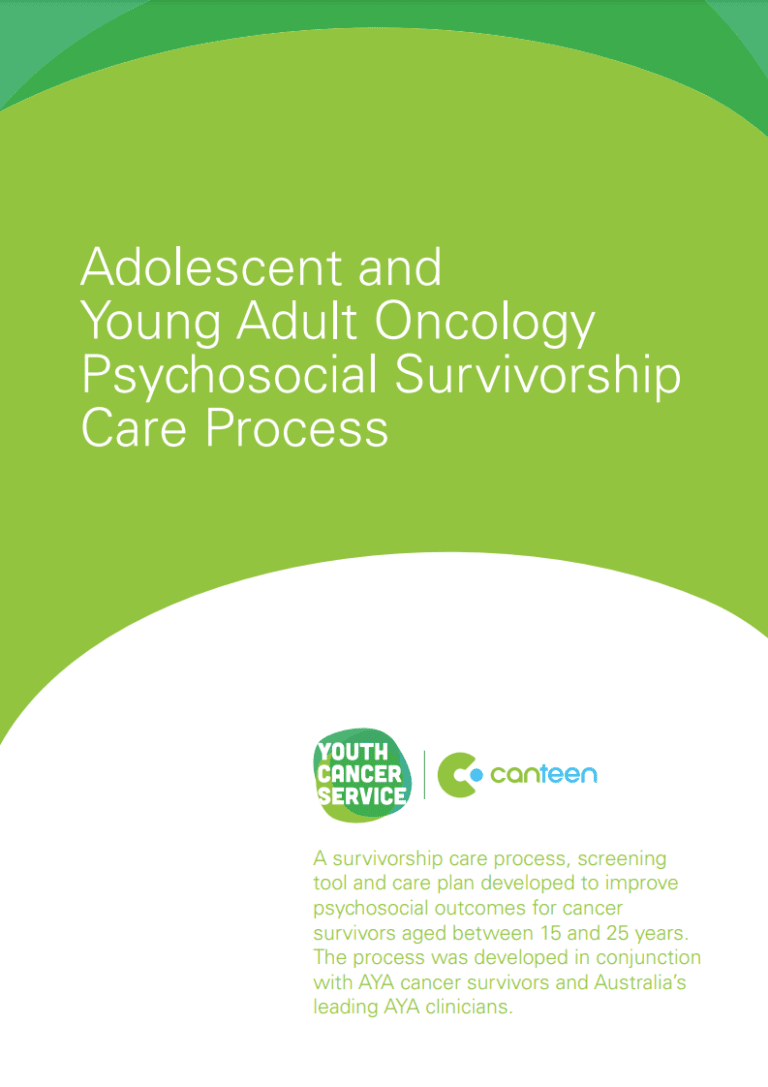
When the doctor looks you in the eye and says, “You have cancer,” the room might seem to spin.
Is it lung cancer? Breast cancer? Or something with a name so long and unfamiliar that it doesn’t even register?
In that chilling moment, those specific details blur into the background, overshadowed by that one heavy, all-consuming word: cancer.
It’s a terrifying, gut-wrenching moment, one filled with questions, fears, and uncertainty.
Images of treatments, family concerns, and the unknown future flash before your eyes. Your mind races with thoughts, and you’re left wondering, “What’s next?”
For those who find themselves grappling with this life-changing diagnosis, we will guide you, step by step, through the whirlwind of emotions and the practical steps that follow.
You are not alone; we are here with you.
Join our online cancer support community today and connect with others who understand what you’re going through.
Take a Deep Breath
First things first, it’s okay to feel scared, angry, or confused.
Even if you feel nothing and just want to go straight to treatment, give yourself a few minutes.
Those are completely normal emotions to have when dealing with something so enormous.
It’s important to give yourself time to breathe, think, and process the information.
Get Educated, But Stay Balanced
Knowledge is power, but Dr. Google is not your friend right now.
Stick to reputable sources like the American Cancer Society or Cancer Research UK for accurate, up-to-date information.
Ask your healthcare team questions, take notes, and stay informed without overwhelming yourself.
Assembling Your Support Team
You don’t have to face this alone. Cancer is a shared experience.
Gather your family, friends, and even supportive co-workers to be part of your support community.
People you love will want to help, whether it’s by offering a listening ear, cooking meals, or simply being there for you.
Don’t forget that there are many people like you, so try to find different support teams online like this one.
Relationships and cancer experiences are interconnected, so creating a network of care and compassion is vital during this challenging time.
Finding the Right Doctors and Treatment Plan
It is essential to find a doctor you can trust.
Research oncologists, surgeons, and other specialists who have experience with your type of cancer.
Don’t be shy about seeking second opinions.
This is your life, your body, and you have the right to the best care available.
Taking Care of Your Emotional Well-being
Cancer treatment can be physically and emotionally draining, often leading to feelings of cancer and loneliness.
Seeking support from therapists or support groups, and taking time for hobbies and activities you enjoy, can make a big difference in maintaining your mental health.
Living Life to the Fullest
Yes, cancer is a serious illness, but it doesn’t mean life stops.
Spend time with loved ones, pursue your passions, and try to live life to the fullest. Many people with cancer find strength and inspiration in focusing on what they love.
Believe Us, You Got This
A cancer diagnosis can feel like the world is crashing down around you, but remember, you’re not alone, and there’s a path forward.
Remember, you’re braver than you think, and you’ve got a world of support ready to back you up.









Comments
Thank you. Comment sent for approval.
Something is wrong, try again later